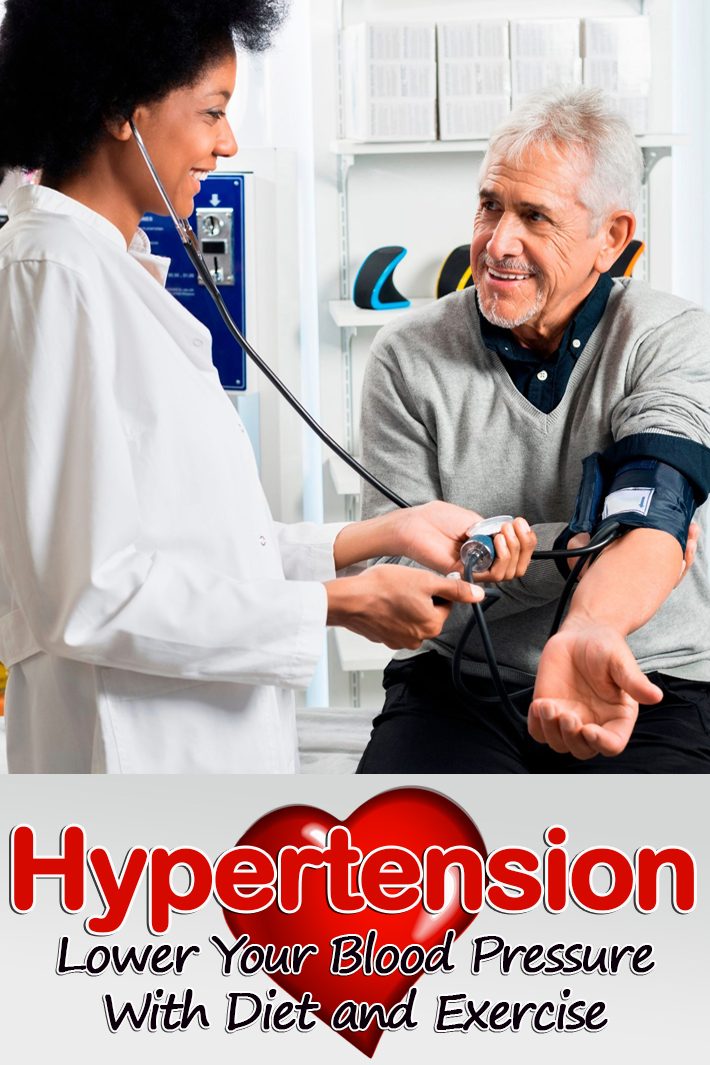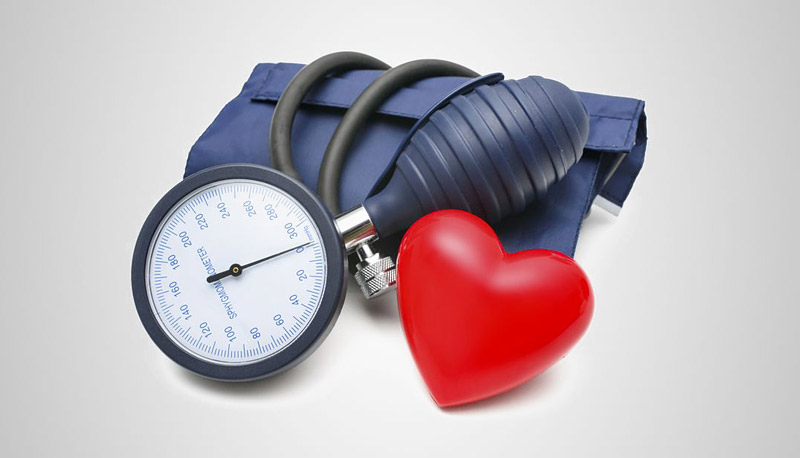
Hypertension is often called the silent killer because people who have it usually have no signs or symptoms. In fact, about one in five American adults with the disease don’t even know they have it. But it is a condition that we should all try to prevent or control. A hypertension diagnosis contributes to atherosclerosis or hardening of the arteries, and puts you at higher risk for heart disease, heart failure, kidney disease and stroke.
What is Hypertension?
Hypertension is the medical term for high blood pressure. When blood is pumped from the heart, it exerts pressure on the artery walls. If there is too much pressure on those walls, you have a condition called “high blood pressure” or hypertension.
Blood pressure is measured during the pumping phase of the heartbeat (systolic) and during the resting phase between beats (diastolic). The number is recorded with the systolic number over the diastolic number.
Normal blood pressure is 120/80 (say “120 over 80”). Hypertension is diagnosed when readings consistently reach 140/90 or above. When readings fall between those two sets of numbers, you may be diagnosed with pre-hypertension.

What Should I Do If I’ve Been Diagnosed with Hypertension?
The first thing you should do if your doctor tells you that you have hypertension is breathe a sigh of relief. Sound strange? It’s not. You can’t fix it if you don’t know you have it.
The diagnosis is a wake up call to get healthy.
Your physician may recommend medication. But there are also lifestyle changes that may help you to control hypertension. According to the Centers for Disease Control (CDC) lifestyle factors, including achieving and maintaining a healthy weight, are just as important for controlling blood pressure as medication.
Mary Moon, M.D., a practicing family physician, suggests that patients look at the fundamental factors that have caused high blood pressure. For many of her patients, this includes being overweight. She works with many of them to develop effective weight loss strategies.
Will Losing Weight Cure Hypertension?
Being overweight or obese increases your risk for high blood pressure. According to both the CDC and the National Institutes of Health, losing even a small amount of weight can help you to control hypertension and lower your blood pressure.
But Dr. Moon explains that it is not just about weight loss, it’s also about the activities you participate in to lose the weight. “You can be normal weight or underweight and still have high blood pressure if you remain sedentary and do not watch your diet,” she says. “But when an overweight individual begins to adopt healthy weight loss habits they are likely to see an improvement in their blood pressure.”

What Are the Best Weight Loss Strategies for People with Hypertension?
If you have high blood pressure and your doctor has recommended that you shed a few pounds, there are two weight loss strategies that are commonly preferred.
Many physicians, including Dr. Moon, recommend the DASH diet for weight loss and sodium restriction, and a regular program of moderate exercise.
- DASH Diet: A research program called Dietary Approaches to Stop Hypertension resulted in a diet to help lower blood pressure. It includes plenty of fruits, vegetables, whole grains, and low-fat dairy foods.
- Lose Weight With Exercise: Losing even a small amount of weight can bring your blood pressure numbers into the normal range. But even if weight loss doesn’t happen right away, just participating in a regular program of moderate exercise can have a positive effect on hypertension.When you discuss a weight loss program with your physician, you can use these guidelines as a starting point for setting up goals. Then, tailor a schedule that works for you.
- The National Heart, Lung and Blood Institute recommends 30 minutes of moderate activity most days of the week for treatment of high blood pressure.
- The American Heart Association recommends 150 minutes per week or 30 minutes each day (most days of the week) to achieve heart health.
- The American College of Sport Medicine recommends at least 250 minutes per week of moderate intensity exercise to achieve significant weight loss.
If you are on blood pressure medication, you should also talk to your physician about the best way to monitor your exercise intensity. To lose weight, you want to make sure that you are working at the correct exercise intensity level, but some methods of measuring your level may not be effective if you are on a prescription pill. Heart rate monitors, for example, might not work if your medication keeps your heart beating at a steady rate.

How Can I Prevent Hypertension?
If you have been diagnosed with pre-hypertension or if you just have a history of hypertension in your family, there is no time like the present to learn how to control your blood pressure. The same lifestyle habits that are used to control high blood pressure are also great techniques for making sure that you never get the disease in the first place.
Remember to work with your health care team in the process of making changes to improve your health. Be sure to get medical clearance before starting an exercise program and communicate any unusual symptoms or changes to your health as you make adjustments to your diet and daily activity.
The information on this site is not intended or implied to be a substitute for professional medical advice, diagnosis or treatment. All content, including text,graphics,images and information, contained on or available through this web site is for general information purposes only.




Leave a Reply